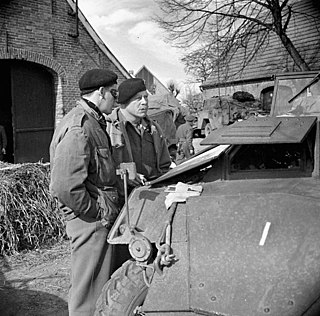A Quote by Bill Hicks
I guess what surprised me the most was the discrepancy in casualties: Iraq, one hundred fifty thousand casualties, USA: seventy-nine! Let's go over those numbers again, they're a little baffling at first: Iraq: 150,000, USA: 79. Does that mean we could have won with only 80 guys there? Just one guy in a ticker-tape parade, "I did it! Hey!"
Related Quotes
I took the position of organizing 126 Democrats who voted against the Iraq war resolution. And I happen to think it was the right position. Today we're faced with over 500 casualties, a cost of over $200 billion, and it could rise the casualties could go into the thousands and the costs could go over a half trillion if we stay there for years, as a number of people on this stage intend to see happen.
There is no battle space the U.S. Military cannot access. They said we couldn't do Afghanistan. We did it with ease. They said we couldn't do Iraq. We did it with 150 combat casualties in six weeks. We did it so fast we weren't prepared for their collapse. There is nobody we can't take down. The question is, what do you do with the power?
The USA is a threat to world peace. Who are they to pretend that they are the policemen of the world, the ones that should decide for the people of Iraq what should be done with their government and their leadership. All that [the USA] wants is Iraqi oil. [Blair is] simply the foreign minister of the United States. He is no longer prime minister of Britain.
The technology involved in making anything invisible is so infinitely complex that nine hundred and ninety-nine billion, nine hundred and ninety-nine million, nine hundred and ninety-nine thousand, nine hundred and ninety-nine times out of a trillion it is much simpler and more effective just to take the thing away and do without it.
There's no violence worse than the violence of Iraq. For the last fifty years Iraq has been living a nightmare of violence and terror. It's been a horrible experience and people in Iraq will need a lot of time and work to get over the disastrous effects. But first we have to think about how to stop the violence, so that the bloodshed stops. In spite of everything, on the personal level I don't easily lose hope.

































